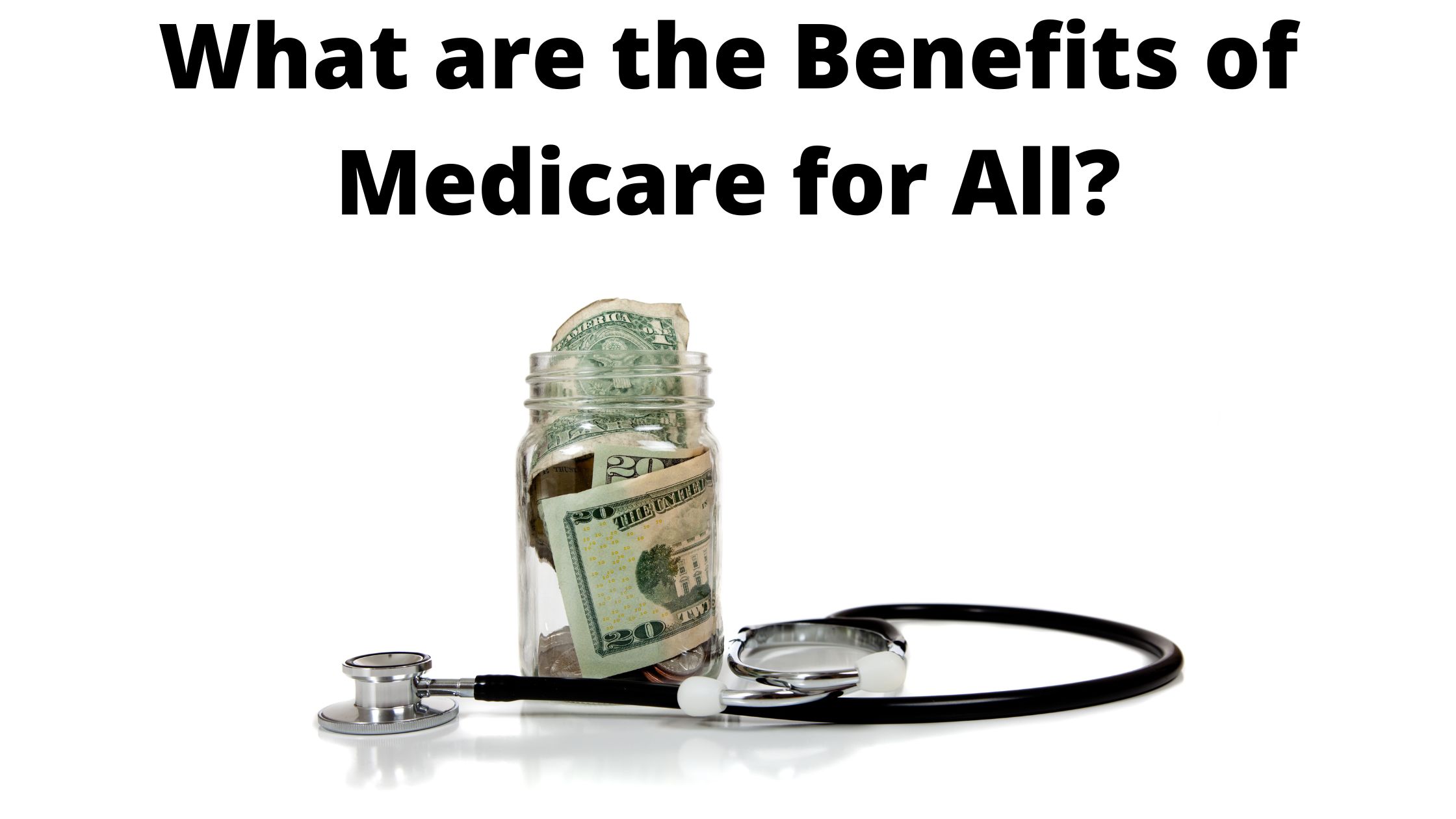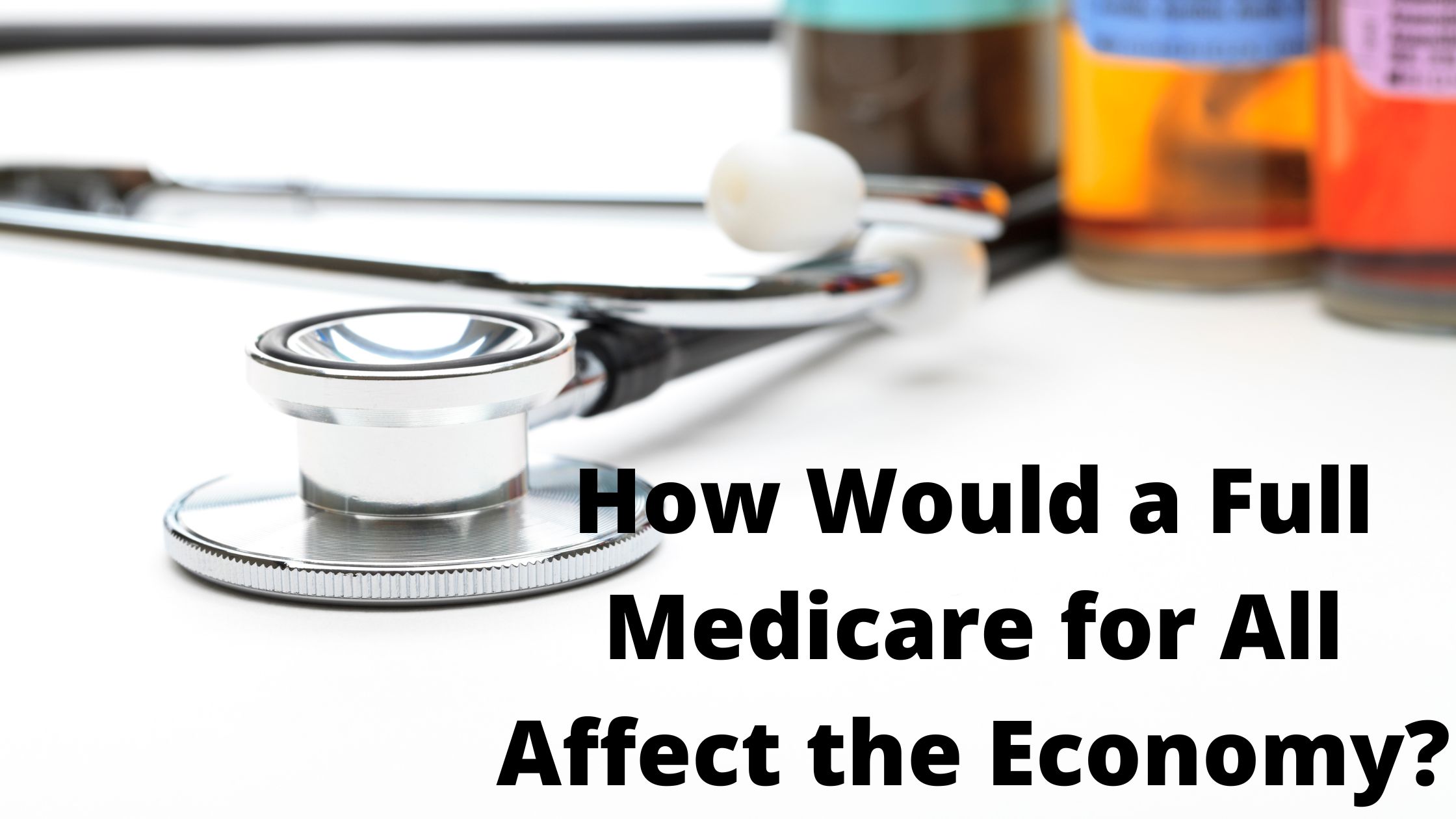Ever since the passage of the Affordable Care Act, healthcare has been a hot topic in the U.S. Political discourse has centered around how to improve healthcare availability and affordability for all Americans. One proposal that has gained a lot of traction in recent years is Medicare for All, which would provide every American with insurance through the government.
In this article, we’ll take a closer look at what Medicare for All is, what its benefits are, and how it would work in practice. We also discuss some potential objections to the proposal and offer some solutions to address them. So whether you’re undecided on whether or not you support Medicare for All, or just want to know more about this controversial proposal, read on!
Who is eligible for Medicare?
With the 2020 presidential election season just around the corner, Medicare for All has been making a big comeback. While the idea of single-payer healthcare is nothing new, it’s starting to gain traction as more and more people become aware of its benefits. So what is Medicare for All, and what would it mean for everyone?
In short, Medicare for All is a system in which all Americans have access to affordable health insurance through their government. This would replace private insurance companies with a government-run program, and it would be funded by eliminating all current taxes on income. This would be a huge change for Americans, as currently most of their healthcare costs are covered by either their employer or through private insurance.
While there are a lot of details still to be worked out, the basic idea behind Medicare for All is that it would be a much better way to provide healthcare than we have now. Not only would it be cheaper overall, but it would also be more equitable and insure everyone regardless of their income or wealth. In addition, since it would be funded by eliminating all taxes on income, it would also bring in an estimated $2 trillion over the next decade – which could be used to improve other areas of
What are the Benefits of Medicare for All?
There are a few key benefits to Medicare for All that would be enjoyed by everyone. The biggest benefit would be that people would no longer have to worry about their health care costs. Currently, people have to pay for health care out of pocket, which can be very expensive. With Medicare for All, the government would be responsible for covering all costs associated with healthcare, including doctor visits, prescriptions, and hospitalizations. This would mean that everyone would be able to receive the same level of care, regardless of their income or wealth.
Another big benefit of Medicare for All is that it would reduce the amount of time people spend waiting in line for medical treatment. Currently, people have to wait months or even years to see a doctor or receive treatment for a serious illness. With Medicare for All, all citizens would be covered by the government insurance program, which would mean that they could immediately access necessary medical care. This reduction in wait times could revolutionize the way people experience healthcare.
In addition to these major benefits, there are also minor benefits that would be enjoyed by everyone who received coverage through Medicare for All. For example, people who receive coverage through Medicare for All would no longer have to worry about being
How Would a Full Medicare for All Affect the Economy?
A full Medicare for all would mean that every American would have access to the same level of healthcare regardless of their income or wealth. This would be a massive overhaul of the U.S. healthcare system, and there are a number of ways in which it could affect the economy.
One important impact would be on the way businesses operate. For example, if all Americans were able to get basic health insurance coverage through Medicare, then businesses would no longer need to offer separate healthcare packages for their employees. This would lead to substantial savings for companies, as well as increased efficiency and clarity in the workplace.
Another major effect of a full Medicare for all would be on the way people pay for health care. Right now, people use a variety of methods to pay for medical services, including through private insurance, employer contributions, or out-of-pocket expenses. A full Medicare for all system would replace all of these methods with one central payment scheme. This could lead to significant cost savings for consumers, as well as increased transparency and accountability in the healthcare system.
Overall, a full Medicare for all would have a huge impact on the economy – both in terms of costs and productivity. It’s worth keeping an eye on developments
Conclusion
If you’re like most Americans, you probably have a lot of questions about Medicare for All. What does it mean for seniors, people with disabilities, and people who are currently covered by private health insurance? How would the government pay for it? Would everyone be able to afford it? In this article, we will answer some of these questions and provide a snapshot of what life might be like under Medicare for All. We hope that this information will help you better understand why we think Medicare for All is the best option available and why we need to fight for it.

